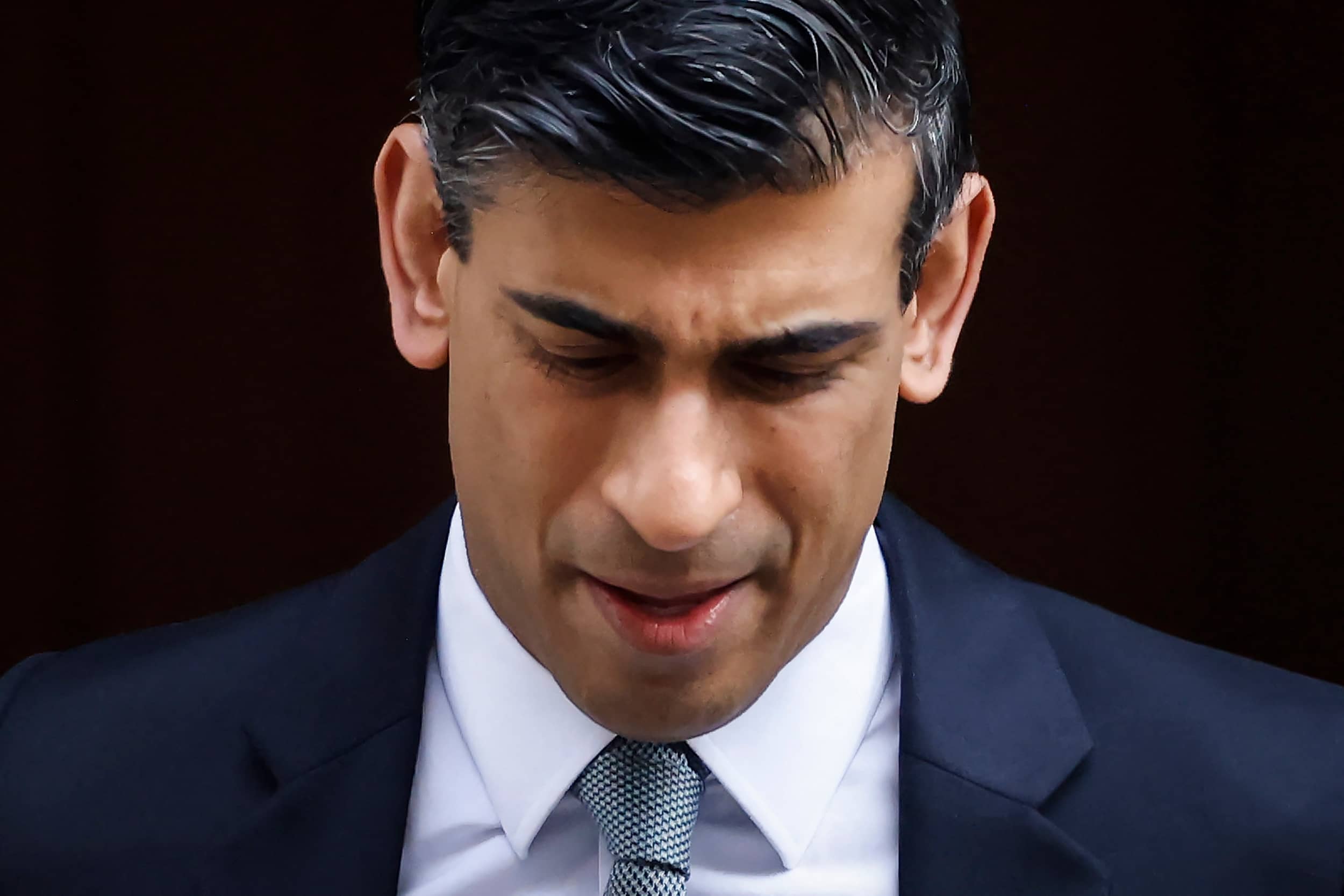It’s been a pretty awful week for Rishi Sunak. In the space of seven days, his wife was revealed to be a non-domiciled resident, average wages fell by the highest sum since 2013, he admitted having a US Green Card until last year and UK GDP grew by just 0.1 per cent. Oh, and there was the small matter of the Metropolitan police fining him for a breach of lockdown laws.
In Westminster, the impact of all that on his political capital is still sinking in. But in the country, it seems that the mind of the public is pretty clear: Rishi’s star is on the wane. For every voter who wants Sunak to stay as a Chancellor, two more want him to go. Polling by Redfield and Wilton conducted today show that, a day after the Met fine was announced, 58 per cent of the public surveyed wanted Rishi to quit, compared to just 26 per cent who want him to remain. A further 16 per cent are undecided.
Even Conservative voters in 2019 are split on Sunak remaining in office, with 40 per cent arguing he should quit compared to 46 per cent who want him to stay in post. Of the 1,500 adults polled, some 70 per cent also agreed that the Chancellor was ‘out of touch with the struggles of ordinary families’ – up from 67 per cent who agreed with that statement before last week’s revelations. Six in 10 Tory voters (60 per cent) also think he is out of touch, compared to less than one in five (19 per cent) who disagree.
Indeed, it seems that the claims about Sunak – whose wife is the daughter of a billionaire – have consequences for wider public perceptions of MPs too. When presented with a hypothetical wealthy candidate who has attained a considerable amount of money through a business career, 24 per cent now say they would be less likely to vote for a candidate of such a background while just 13 per cent say they would be more likely to vote for such a candidate. However, the majority position is that this background would not affect their vote, according to 52 per cent.
One thing’s for sure: dishy Rishi certainly isn’t the favoured candidate any more.








Comments